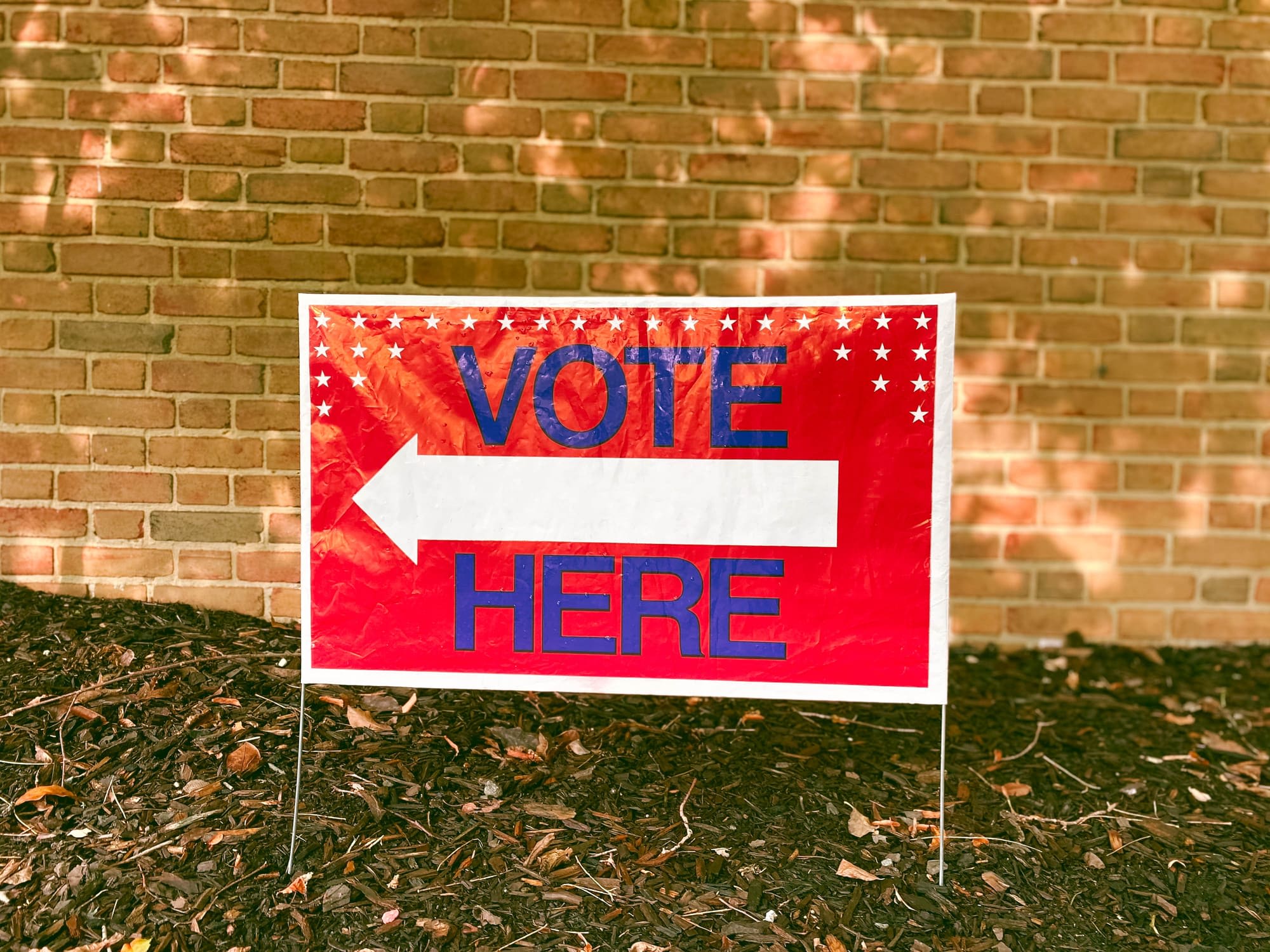As the United States gears up for the upcoming midterm elections, a wave of new voting laws has created concern among many students and political activists. These laws, which have been passed in several states, are threatening to hinder the ability of young people to engage in the democratic process.
One of the most controversial new laws is a voter ID requirement that has been implemented in several states. Under these laws, voters are required to show a government-issued photo ID before they can cast a ballot. While proponents of the laws argue that they are necessary to prevent voter fraud, critics argue that they disproportionately impact students, who may not have easy access to a driver’s license or other forms of government identification.
In addition to voter ID laws, many states have also passed restrictions on early voting and absentee ballots, making it more difficult for students who may have limited free time or who attend school out of state to participate in the electoral process.
These new voting laws are particularly troubling given the fact that young people have historically had lower turnout rates in elections. According to a study by the Center for Information and Research on Civic Learning and Engagement, only 46% of Americans between the ages of 18 and 29 voted in the 2016 presidential election, compared to 70% of Americans over the age of 65.
These new laws threaten to further depress voter turnout among young people, potentially disenfranchising an entire generation of voters. This is particularly concerning given the fact that young people are increasingly becoming engaged in politics and social activism, with issues such as climate change, racial justice, and gun control at the forefront of many student-led movements.
In response to these new voting laws, many organizations are working to educate young people about their voting rights and to provide resources to help them navigate the voting process. Organizations such as Rock the Vote and the Campus Vote Project are working to register students to vote and to provide information about how to navigate the new laws.
It is essential that young people continue to be engaged in the political process, as their voices are crucial in shaping the future of our country. By staying informed about their voting rights and by taking advantage of resources that are available to them, students can ensure that their voices are heard in the upcoming elections and beyond.
